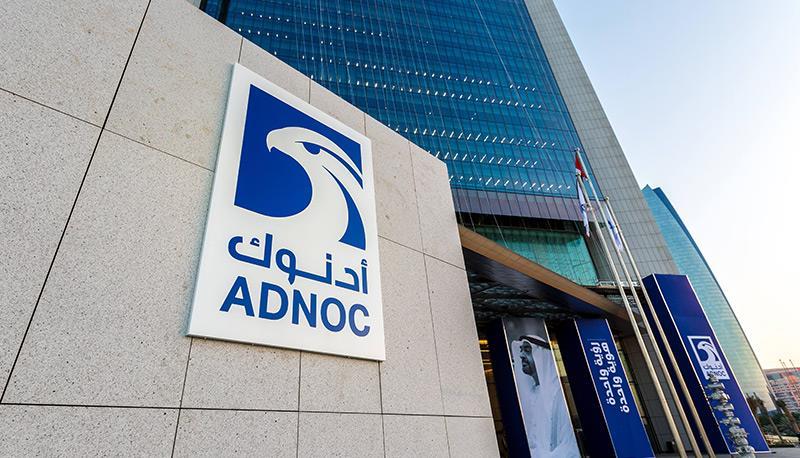
The Net Zero Technology Centre (NZTC) has struck a partnership deal with one of the world’s largest energy companies.
Adnoc – Abu Dhabi National Oil Company – has been announced as an additional strategic associate for the Aberdeen body’s TechX programme.
Alongside BP (LSE: BP) and Equinor (OSLO: EQNR), Adnoc will contribute to the accelerate scheme, offering pioneering start-ups access to technology experts and the potential for field trials.
TechX offers expert tutoring, technology support and a grant of up to £100K for 12 clean energy start-ups.
Technology focus areas range from digitalisation, hydrogen and CCUS, to renewable energy and oil & gas emission reduction technologies.
Ali Al Rawahi, vice president, R&D (Upstream) at Adnoc, said: “ADNOC is excited to be the first company in the region to join the award-winning TechX programme as a strategic partner. Joining BP and Equinor in this programme that focuses on sourcing, accelerating and adopting disruptive net-zero technologies, reinforces ADNOC’s commitment to provide global technology leadership and contributes towards achieving the UAE’s Net Zero by 2050 Strategic Initiative.”
NZTC said the programme’s focus aligns with Adnoc’s decarbonisation strategy, a growing focus for the company in recent times.
Adnoc, BP and Masdar announced in September that they had teamed up to invest “billions of dollars” in clean and low carbon energy.
That includes plans to explore developing clean hydrogen hubs in both the UAE and UK.
And last month Adnoc announced its intention to develop a decarbonisation roadmap for power generation, including reducing carbon emissions from gas turbines used to power downstream and industry operations.
TechX will launch the fourth cohort of its award-winning accelerator next month where selected start-ups will undertake an intensive 15-week programme followed by two years’ growth support.
Programme director Mark Anderson said: “We are delighted to welcome ADNOC as a TechX Strategic Partner, as they share our focus in exploring and accelerating disruptive technologies that can help us decarbonise the energy industry and speed up the transition to net zero. “Through our global partnerships, which have allowed us to enhance and diversify the accelerator programme, we look forward to discovering the next generation of highly innovative clean energy technologies. As we expand our portfolio of game-changing tech start-ups, the expert support, investment and potential for field trials offered by our Strategic Partners will help us to build a thriving entrepreneurial ecosystem with sustainability at its core.”
Nick Kendall, investment associate at BP ventures, said: “We are pleased that ADNOC has been announced as a TechX Strategic Partner. This offers an exciting opportunity to collaborate on innovative technologies and solutions that can help to decarbonise global oil and gas operations, as well as accelerating clean energy technologies to help deliver our shared net zero goal. TechX will play a key role in supporting the existing strategic partnership between BP and ADNOC, with our ambitions of developing clean energy solutions for the UK and UAE.”
Jeroen Van der Hoek, investment manager at Equinor Ventures, said: “Equinor welcomes ADNOC to the consortium of partners behind TechX. A diverse set of partners supporting TechX will help boost the start-up ecosystem and innovate to solve the challenges of the energy transition. As a strategic partner, we look forward to working with our new partners to help provide access to technology experts, special recognition awards, potential investment opportunities and field trials.” Founded in 2017, the Net Zero Technology Centre was created as part of the Aberdeen City Region Deal, with £180 million of UK and Scottish government funding to maximise the potential of the North Sea. To date the Centre has co-invested £192 million in technologies which have the potential to generate £10-15 billion in gross value added (GVA) to the Scottish economy, screened over 1450 technologies, completed 89 field trials, with a further 36 planned or already live and have progressed more than 23 technologies to commercialisation.”
Recommended for you


 © Supplied by Net Zero Technology
© Supplied by Net Zero Technology